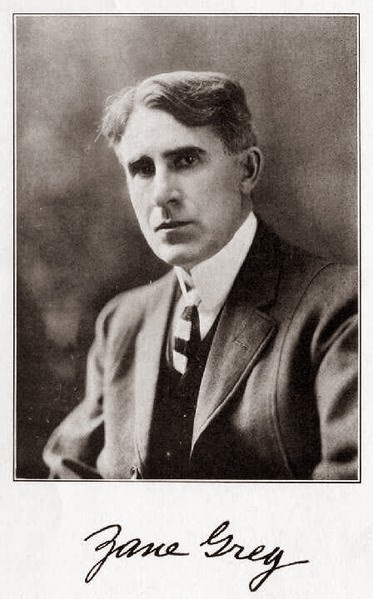"But in the morning, a golden band of light moves down the cliffs towards the river, and in the afternoon that same band moves back up until it is only a sliver at the top, and then it is gone. Side canyons lead to trickling waterfalls with maidenhair fern and columbine. Raging summer thunderstorms create red-brown waterfalls that plummet from the rim to the river, turning it brick-red in an instant. The stars at night sparkle shamelessly. The rapids are first fearsome and then exhilarating."—Christa Sadler, There's this River
Yes, that's exactly how it was.
There's this River is a book of stories by Grand Canyon boatmen—the men and women who work as guides on whitewater rafting trips down the Colorado River. The stories are by turns exciting, funny, and breathtaking—and some of them are no doubt true. Loretta and I bought the book sixteen years ago, at the end of our own journey down the Colorado River. We bought the book, then promptly forgot about it—until last weekend, when we dug it out and began reading it for the first time. Yesterday, as I read a story about a guide's hilarious encounter with a bighorn sheep, I could hear the voice of Jesse, our swamper (assistant guide), as he read us that same story on a calm stretch between rapids.
The memories came flooding back. Jesse, our guides Brian and Kim, our fellow passengers: the two New York firemen who measured each rapid by the amount of water they collected in the drinking cups attached to their life jackets ("Half a cup, Bob!"); the two French Canadian women with whom we had an interesting conversation about French Canadian music and who, after the trip, sent us a CD; and Doris, the plucky seventy-three-year-old who quickly became the boat's unofficial mascot ("Doris! Doris! Doris!").
There were four of us traveling together: my sister Susan, brother-in-law Kevin, Loretta, and me. Here's a picture of our boat hitting our first rapid:
 |
| Left to right: Loretta, me, Kevin, Susan, and other wet people |
By the way, if you ever take a whitewater rafting trip on the Colorado River, here's a tip: do not wear jeans. Our jeans got soaked at the first rapid, and they never dried out. We spent the rest of the trip in our bathing suits. Here's another tip:
Take plenty of beer.
We never experienced any of the calamities experienced by the boatmen in There's this River—no flipped boats, broken bones, near-drownings, or attacks by bighorn sheep. The closest we came to disaster was when we ran out of beer.
We were warned. At the general store in Lee's Ferry, before we boarded the vans that would take us and our gear to the river, our guides told us that this was our last chance to buy beer. And, they warned us, if we were going to buy beer, we should buy plenty—more than we thought we would need.
They should have told us to buy a lot more than we thought we would need. Maybe twice the amount.
The four of us drink beer, but only good beer. The only good beer at the general store was Heineken, and we bought nearly all they had (which was not a problem, as almost everyone else was buying Bud Lite). We were confident that it would be enough for our five-day trip on the river.
We were almost right.
At the load-in, everyone's beer was put into a big nylon net bag which trailed behind the boat. The icy water of the Colorado River kept the cans chilled to optimal drinking temperature for the entire trip—or would have, if the beer had lasted the entire trip.
A couple of days into our journey, it became apparent that our Heineken was disappearing faster than it should have been. The net bag was intact; the missing cans could not have been lost in the rapids. There was only one possible explanation. Someone was boosting our beer. (Who? I have my suspicions, but the suspect shall remain nameless, primarily because I can't remember his name.)
 |
| Kevin and I enjoy some of the rapidly disappearing Heineken |
By our last night on the river, everyone's beer had run out, along with every drop of any other alcohol that might have been on the boat. How did we know? Because one passenger (who shall remain nameless, primarily because I can't remember his name) went to everyone in camp, on his knees, begging for a drink. The poor guy was miserable. If any of us had had any alcohol left at that point, I'm sure we would have given it to him.
Between the heart-breaking sobs of the man who shall remain nameless and the brilliant full moon that flooded the canyon, I doubt anyone got any sleep that night. Fortunately, it was our last night on the river. The following day we were taken out of the canyon by helicopter, back to civilization.
And, mercifully, beer.
 |
| Room Service, with Beer |
(If you'd like to see more pictures from our Grand Canyon adventure, here's a link to an album on Flickr.)


.png)














